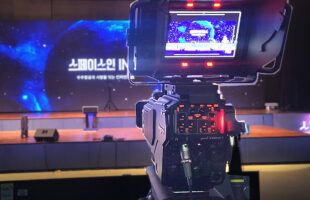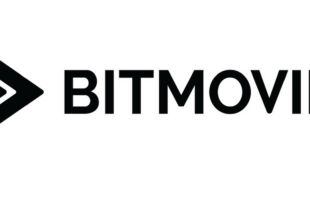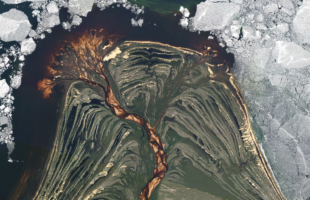Tokyo – NHK’s international radio service, NHK World radio Japan, offers a monthly program, BOSAI (disaster preparedness). The broadcasts are designed to share lessons learned from earthquakes, typhoons, and tsunami in Japan.
The program will introduce overseas listeners to basic knowledge such as anticipating earthquakes and flood countermeasure as well as other activities that have saved lives and reduced damage in Japan. These include evacuation drills, risk reduction education, and mutual self-help. It covers on How Should Evacuation Centers Be Run? – Lessons of the Kumamoto Earthquake. It presents examples of earthquake-affected people performing key roles in disaster areas by providing support to evacuees.
At Kumamoto University, for example, nursing students provided nursing services. Students from overseas helped people from other countries. Sports teams provided night-time security, and students specializing in sports and wellness helped evacuees maintain their physical fitness. Experts add to the program with their perspectives on the significance of evacuees running shelters for themselves. Each broadcast will include a segment, hosted by Keio University’s Associate Professor Satoko Oki, a specialist in seismology and disaster preparedness education. She answers questions such as how fast a tsunami travels, and what happens if you’re in an elevator when an earthquake strikes.









